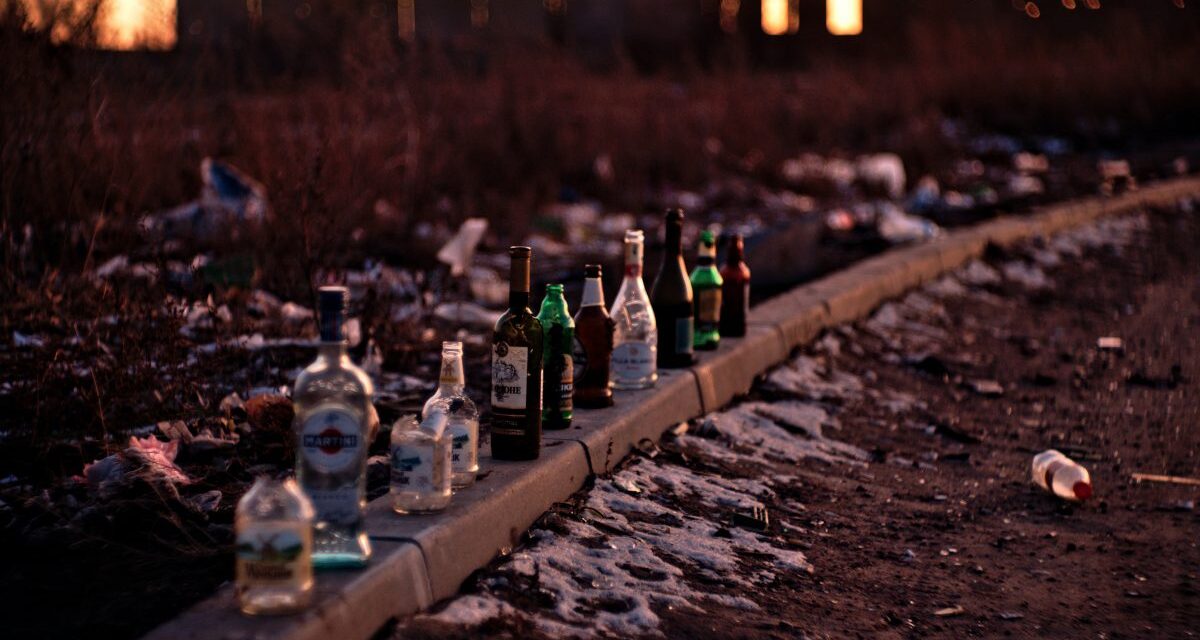Deaths caused by alcohol hit record levels in England and Wales during lockdown, addiction services unable to cope with increased demand.
Addiction as a disease, is a multi-faceted mix of genetic, environmental and personal factors which can manifest in a myriad of ways. This last year has seen a spike of people increasing their alcohol consumption, or recreational drug usage to very risky levels.
Years and years of cuts to addiction services as well as the government enforced lockdown to combat coronavirus has created a perfect environment for substance abuse and addiction with former addicts and newly-recovering addicts finding themselves with few avenues of respite.
Battling public perception is one of the key fronts in ensuring that addicts can get the support they require. Many peoples’ perceptions of addicts come from either popular media or unsavoury interactions with severely addicted people they might know or see. However, this tends to be a shallow look at a cavernous problem.
The British Medical Journal’s landmark study on addiction service cuts being a false economy was published in 2017. In essence, the findings of the study concluded that while money was being saved by the cuts on addiction services, those cuts only increased pressure on other parts of the medical system.
Additionally, the Royal College of Psychiatrists published a press release in September 2020 detailing their analysis that addiction services are not equipped to deal with the surge of people drinking at high risk and the increase of opiate users attempting to get treatment.
Despite all of this, there are still those who are working to help those with addiction issues, utilising the tools they have in these unprecedented circumstances.
News In Network spoke to Robert from London, a former addict who runs recovery meetings for other former and recovering addicts. He described how the meetings have adapted to COVID-19 guidelines and the impact that COVID-19 has had, “There are 15 of us tonight, the maximum number we are allowed now by law. We are still allowed to have AA meetings despite the lockdown but we balance the limited numbers to attend with ones we get on Zoom.”
“Some alcoholics have fared quite well throughout this period of Covid enforced isolation, sadly these are the minority. The addicts and alcoholics who had not fared so well are in large numbers and up until April (of 2020) the highest number of Alcohol related deaths were recorded in the 12 months prior since records began”. Figures collected from the ONS and British Medical Journal back up Robert’s claim, with deaths caused by alcohol hitting a 16% increase from 2019. This increase is supposed to signal the largest amounts of deaths caused by alcohol since records began in 2001.
“We say a prayer for the fellow we lost, we lose them on a regular basis, their numbers are not counted, except by us and their families, all of us are expecting new fellows soon, hopefully many who have become dependent though the lock-down will hopefully find their way to us, we can help them if they want us too, it’s amazing how few do and how many end up continuing down their chosen path to such sad ends.”
More than anything, Robert wanted us to stress the importance of seeking help if you feel you need it. He stressed how diverse the groups tend to be, in ethnicity, social strata, gender etc and emphasised that all those present were also former addicts. “AA, Narcotics Anonymous, the 12 Step Program, are all meeting and open.”
Please find here a link on the charity Mind’s website, with a list of addiction support services and numbers where you can find help. Additionally, the national helpline for AA: 08009177650.





